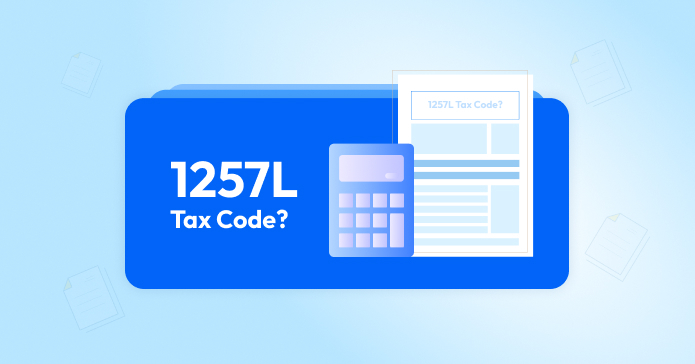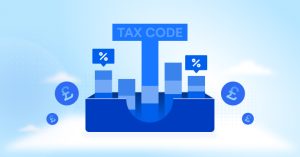In the intricate world of tax codes, for the uninitiated, the string of numbers and letters that make up your tax code can seem more like a cryptic message than a meaningful indicator of your financial situation.
Enter tax code 1257L—often misunderstood, yet profoundly impactful but fear not. Whether you're a diligent employee or an astute employer, this comprehensive guide will illuminate the dark alleyways of tax code 1257L and provide you with the clarity you desperately seek.
Deciphering the Digits and Letters
Understanding the 1257L Component
The first part of the tax code—'1257'—doesn't hold a mystical secret to the inner workings of the taxman's mind. It typically indicates your tax-free Personal Allowance, which is currently set at £12,570 for the 2024-2025 financial year. This means the first £12,570 of your income is entirely tax-free, or put simply, a sum already in your pocket.
What Does the 'L' Mean on My Tax Code?
The letter that follows your Personal Allowance value is just as crucial. In the case of 1257L, 'L' signifies that you are entitled to the standard tax-free Personal Allowance, which is the default option for most taxpayers. This L figure also adjusts for the deduction of 20% on the base income from your regular wages for most, ensuring compliance with the common, sustained tax bracket. It's a commonly seen mark, often unfathomably simple in its profound influence on your take-home pay.
Why Tax Code 1257L Can Matter More Than You Think
Its Role in Your Day-to-Day Tax Deductions
Your tax code affects much more than just the statement on your annual financial breakdown. In practical terms, it's what dictates how much tax you pay throughout the year. If your code is incorrect, you could be forking over more than your fair share to the HMRC, which ultimately impacts your disposable income. You can check how to fix emergency tax codes here;
How and When Does 1257L Impact You?
New Employment and Emergency Tax Codes
If you've recently entered the workforce or changed jobs, you may encounter an emergency tax code until HMRC can issue you with a P45.
Tax Code 1257L may serve as a default designation, a placeholder ensuring you're taxed in the absence of declared knowledge from your previous workplace.
While temporary, it's vital to understand why this stopgap measure is in place and how it influences your financial optics during this transition.
Personal Tax-Affecting Changes
Life isn't stagnant, and neither should your approach to tax codes be. Significant personal changes, such as marriage, education, or the birth of a child, could warrant a reevaluation of your tax code. In these instances, a 1257L could signal missed opportunities for newly available deductions or miscalculations of tax obligations related to this altered living condition.
Proactive Steps for Employees and Employers
Employees' Right to a Fair Code
If you suspect your tax code is incorrect or need to check if 1257L is the one you should have, don't hesitate to get in touch with HMRC on the correct emergency tax codes.
It's your right to claim the tax-free Personal Allowance you're entitled to, and a quick call or online verification can put your mind at ease—among others.
Employer's Obligation to Comply
For employers, ensuring your employees' tax codes are accurate is not just a managerial requirement; it's a legal obligation.
It is the business owner/employer's responsibility to use the correct tax code, but sometimes HMRC can decide on the employer's behalf, as in the absence of a P45.
Conclusion: Claiming Your Financial Clarity
Tax code 1257L may initially instil puzzlement or dread, but with knowledge comes power—a power to manage your financial affairs with confidence and precision. For both employees and employers, understanding the implications and the necessity of ensuring the accuracy of 1257L can lead to optimized tax deductions, compliance, and peace of mind.
Remember, the tax code is simply a tool, a placeholder for a more intricate matter that defines your taxable income. It's well within your capacity to grasp its significance and act accordingly, ensuring your fiscal dealings remain as advantageous as possible within the complex, yet navigable domain of tax regulations.













